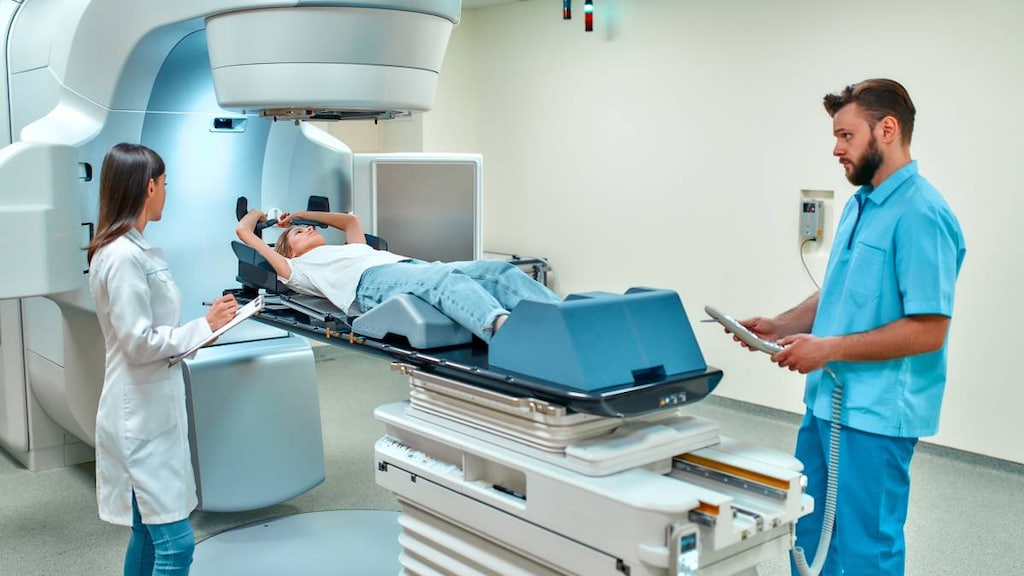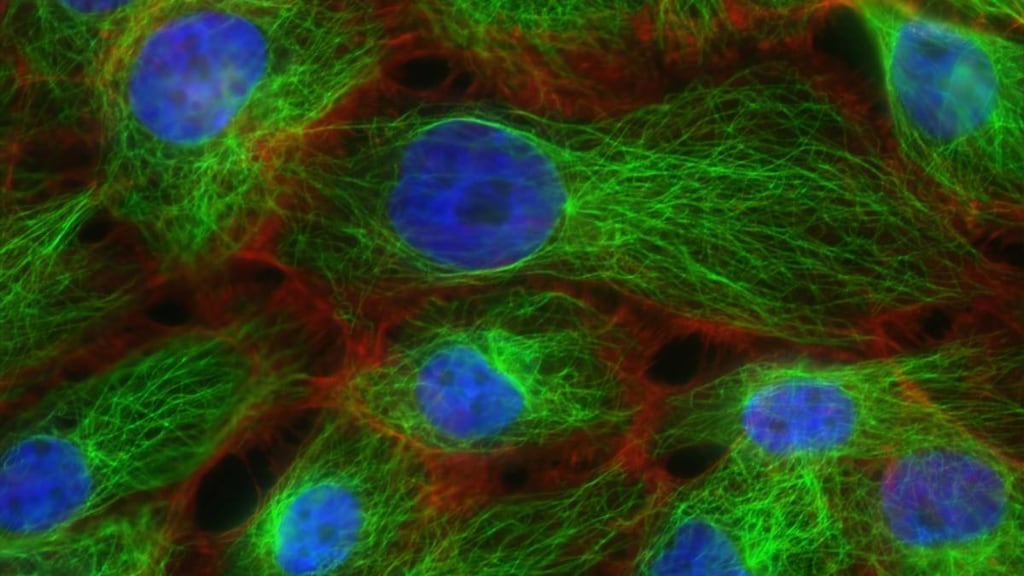Is A Universal Cancer Treatment On The Horizon?

A team of researchers at Cardiff University have made a discovery that could lead to the development of a treatment capable of fighting a wide range of different cancers. While analyzing blood samples in an attempt to find immune cells to fight bacteria, they stumbled across a new type of T cell. T cells are a type of white blood cell and a key component of our immune system.
Why is this discovery so exciting?
The new type of T cell discovered by the researchers contains a receptor called MC.7.G5, which hadn’t been previously identified. This receptor targets MR1, a molecule found on the surface of cells in the human body. MR1 is a good target because it doesn't vary much between people and is found on the surface of all cells. Once the T cells have attached to MR1 they check the cell for cancer. If they detect cancer then the T cells will kill the cancer cells, but they do not harm healthy cells.
Are T cells already used to treat cancer?
CAR-T immunotherapy is already available for treating cancer. This type of cancer treatment involves taking a sample of the patient’s own T cells from their blood and modifying them so that they produce structures called chimeric antigen receptors (CARs) on their surface. When the modified cells are put back into the patient, the new receptors enable the T cells to attach to cancer cells and kill them.
This type of immunotherapy, however, has a number of limitations. It is a highly personalized therapy that takes multiple, complex steps to produce. This makes it very expensive. It’s also only currently works against certain blood cancers (lymphoma, leukemia) and not the solid tumors of the lung, breast, prostate, for example, that affect many people.
Where to from here?
This discovery opens up exciting opportunities for the development of a universal cancer treatment. Further investigation is now needed to see if the potential of this new treatment can be realized, but it’s important to remember that this process typically takes many years.
Article references
- Crowther MD, Dolton G, Legut M et al. Genome-wide CRISPR–Cas9 screening reveals ubiquitous T cell cancer targeting via the monomorphic MHC class I-related protein MR1. Nat Immunol 21, 178–185 (2020). https://doi.org/10.1038/s41590-019-0578-8 [Accessed February 18, 2020].
- Dana-Farber Cancer Institute. Cellular Therapies Program. Frequently Asked Questions About CAR T-Cell Therapy. Available at: https://www.dana-farber.org/cellular-therapies-program/car-t-cell-therapy/faq-about-car-t-cell-therapy/ [Accessed February 18, 2020].





